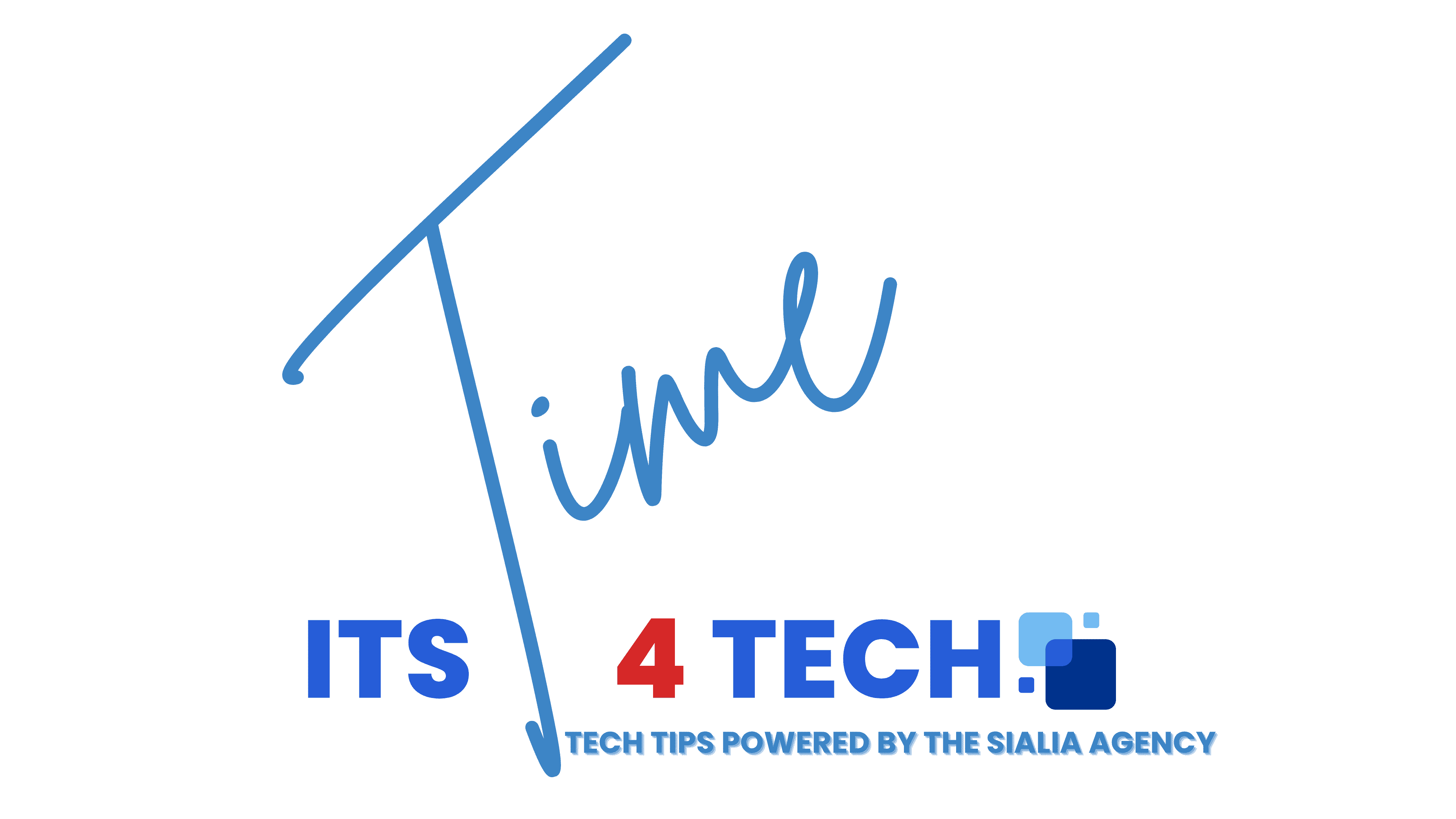
Unlocking AI's True Potential in Small Businesses
In recent times, AI has transitioned from an intriguing tech novelty to an essential part of modern business operations, especially for small business owners. Despite its growing importance, many entrepreneurs still face substantial obstacles when trying to implement AI tools effectively. As HubSpot's Senior Director of Global Growth, I've witnessed firsthand the roadblocks that hinder organizations from adopting AI and transforming their businesses.
Recognizing Common Roadblocks
One of the primary challenges to AI adoption is the need for buy-in at all levels of the organization. Decision-makers might express excitement about the potential of AI, yet they often fail to pursue its robust application. Without concrete examples of how AI tools can save time and boost productivity, teams might hesitate to commit fully.
Moreover, AI is sometimes perceived as just a "fun toy" rather than a serious productivity powerhouse. This perception can stem from a lack of understanding of what AI is capable of. Initially, I myself viewed AI as merely a tool for small tasks like drafting memos or generating ideas. It wasn't until I leveraged AI for data analysis that I recognized its true capabilities.
How to Drive Lasting Adoption of AI
To transform technology excitement into practical implementation, leaders should focus on showcasing tangible benefits—whether hours saved or increased revenue—as definitive wins. Real-life examples of AI positively influencing metrics can inspire teams to engage more deeply with these tools.
For instance, after optimizing a homepage using AI, I was able to analyze the results quickly, generating concise summaries tailored for different audiences. What would have taken me several days was condensed into a mere two hours. This kind of quick turnaround can have incredible implications for marketing strategies and team efficiency.
Becoming Your Team’s AI Champion
As a business owner or marketer, embracing the role of AI champion within your organization is crucial. Start by advocating for pilot projects, where team members can experiment with AI tools in low-risk environments. By celebrating successes together—and clearly communicating quantitative outcomes—you can build momentum for broader AI implementation.
Ultimately, the journey to effective AI adoption requires persistence and strong communication. By addressing roadblocks head-on and fostering an AI-savvy culture, you not only help your team thrive but could also unlock significant growth potential for your entire business.
Ready to transform your business using AI? Dive deeper into the world of AI tools designed for small businesses, and explore how you can set your team on the path to success.
 Add Row
Add Row  Add
Add 




 Add Row
Add Row  Add
Add 
Write A Comment